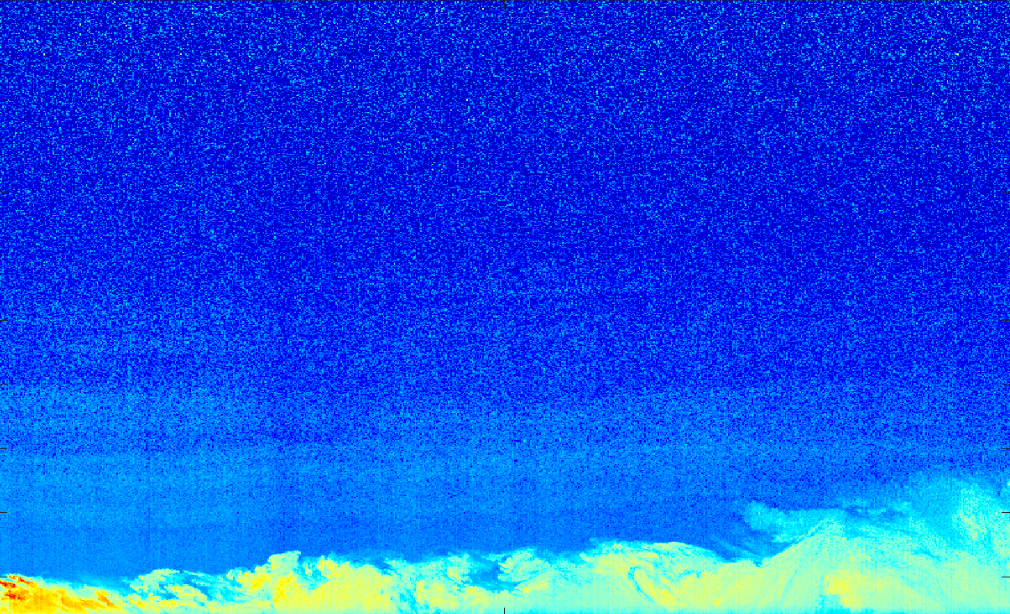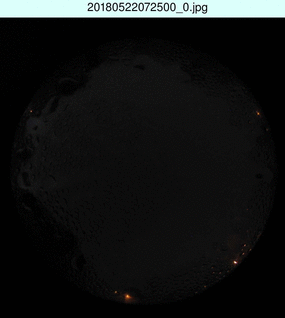In 2000 the Center for Lasers and Applications (CLA) belonging to the Institute of Energy and Nuclear Research - IPEN, opened the activities at the Laboratory of Environmental Applications Laser (LEAL), with the aim of studying the optical properties of aerosols in the metropolitan region of São Paulo atmosphere. From that time, it started the construction of an elastic backscatter LIDAR system called MSP-LIDAR I, the first atmospheric profile data was obtained in December 2002. The first studies of vertical distribution of aerosols in the atmosphere, aerosols transport and height of the planetary boundary layer (PBL) were published in 2003 and 2005, in collaboration with the National Technical University of Athens, Greece. In 2007 with the collaboration of researchers from the Howard University, NASA Goddard Space Flight Center and the Physics Instrumentation Center from Moscow, we developed a Raman Lidar system with 3 detection channels for the study of the vertical profile of aerosols and water vapor, and a calibration system using a quartz-halogen tungsten coiled filament calibrated lamp. Also in 2007 are started the first validation and evaluation activities of the CALIPSO satellite data in partnership with the NASA Langley Research Center. In 2008 LEAL acquired two new LIDAR systems, the MSP-LIDAR II and the MSP-LIDAR III. As a transportable system, the MSP-LIDAR II was used in several measurements campaigns throughout Brazil. The MSP-LIDAR III system, obtained in partnership with CEPEMA-USP, is installed in the city of Cubatao to study pollutants from oil refineries. In 2012, the MSP-Raman Lidar system I goes again for an upgrade and started to operate with 6 channels. Having two elastic channels in 532 and 355 nm, and 4 Raman channels in 387, 408, 607 and 660 nm, applied to the study of the vertical profile of aerosols and water vapor. In the same year, it started the construction of a system Cavity Ring Down Spectroscopy to study aerosol optical properties of the surface. The LEAL has cooperation with various groups at both national and international research centers. The LEAL has trained six doctors, six masters and currently has three Research Assistants, three PhD students, one Master’s degree student and two scientific initiation students.

